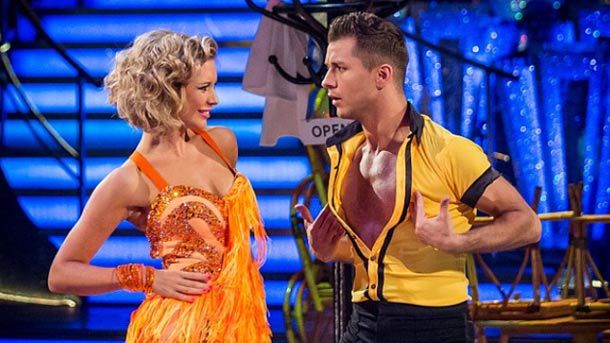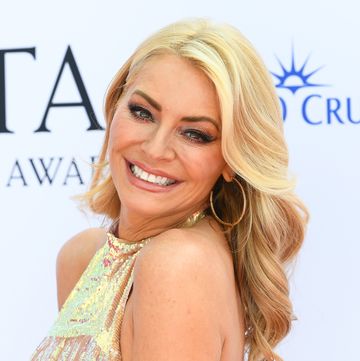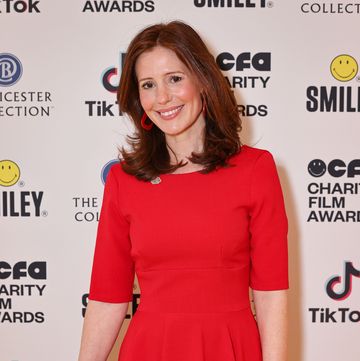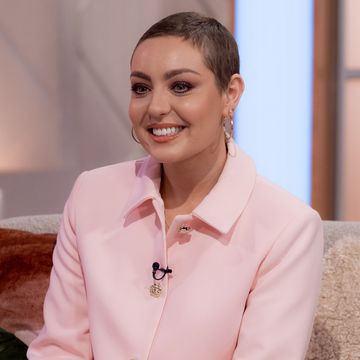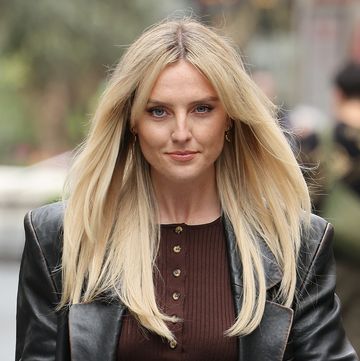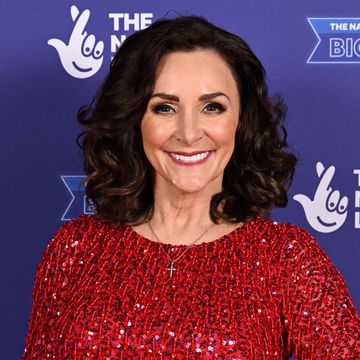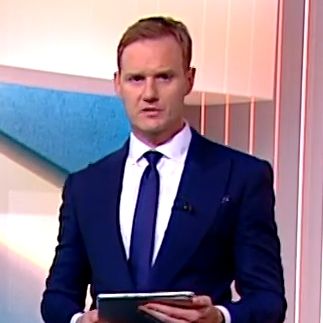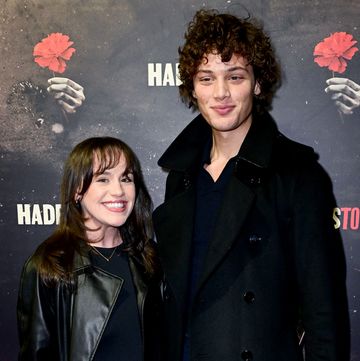Strictly Come Dancing bosses have denied Rachel Riley's claims that the show's scores can be fixed.
The TV presenter was a contestant on the celebrity dance show in 2013, where she partnered with professional partner, and now husband, Pasha Kovalev.
The pair were eliminated during week five of the show, which was ultimately won by Abbey Clancy and Aljaž Škorjanec.
Related: Strictly Come Dancing and I'm a Celebrity stars join Loose Women for all-male panel special
"I think they know from the start who they want to win and what journeys they want to take different people on, to have the right balance, and they can obviously fix the scores," Riley told The Sunday Times.
She added: "I think Brits want an underdog. We want to build someone up, not see someone who is good from the start – that's not the heart of these programmes."
A Strictly spokesperson firmly denied Riley's claims in a statement:
"This claim is categorically untrue. The BBC has strict procedures and editorial guidelines in place regarding impartiality and Strictly upholds all of these."
Related: Strictly's Rose Ayling-Ellis shares hilarious response to Giovanni Pernice's shirtless pic
The Countdown presenter has also revealed that she suffered from PTSD after her stint on the programme.
"I needed cognitive behavioural therapy after competing in 2013 and developed post-traumatic stress disorder," Riley said last November.
"If I heard the theme music, I'd start reliving the experience. It was scary and unnerving, so my way of dealing with it is to avoid watching," she then said.
However, she thanked the show as it brought her and husband Kovalev together. Riley – previously married to Jamie Gilbert – and Kovalev started dating after Strictly ended and tied the knot in Las Vegas in 2019. They have two daughters, Maven Aria and Noa.
Strictly Come Dancing airs on BBC One.
If you've been affected by the issues raised in this story, organisations who can offer support include Samaritans on 116 123 (www.samaritans.org) or Mind on 0300 123 3393 (www.mind.org.uk). Readers in the US are encouraged to visit mentalhealth.gov.
Reporter, Digital Spy
Stefania is a freelance writer specialising in TV and movies. After graduating from City University, London, she covered LGBTQ+ news and pursued a career in entertainment journalism, with her work appearing in outlets including Little White Lies, The Skinny, Radio Times and Digital Spy.
Her beats are horror films and period dramas, especially if fronted by queer women. She can argue why Scream is the best slasher in four languages (and a half).
